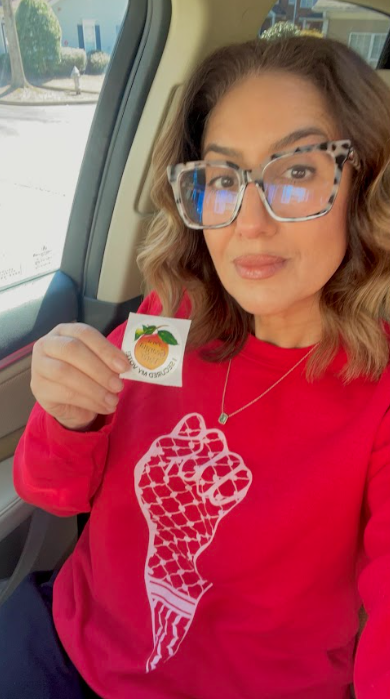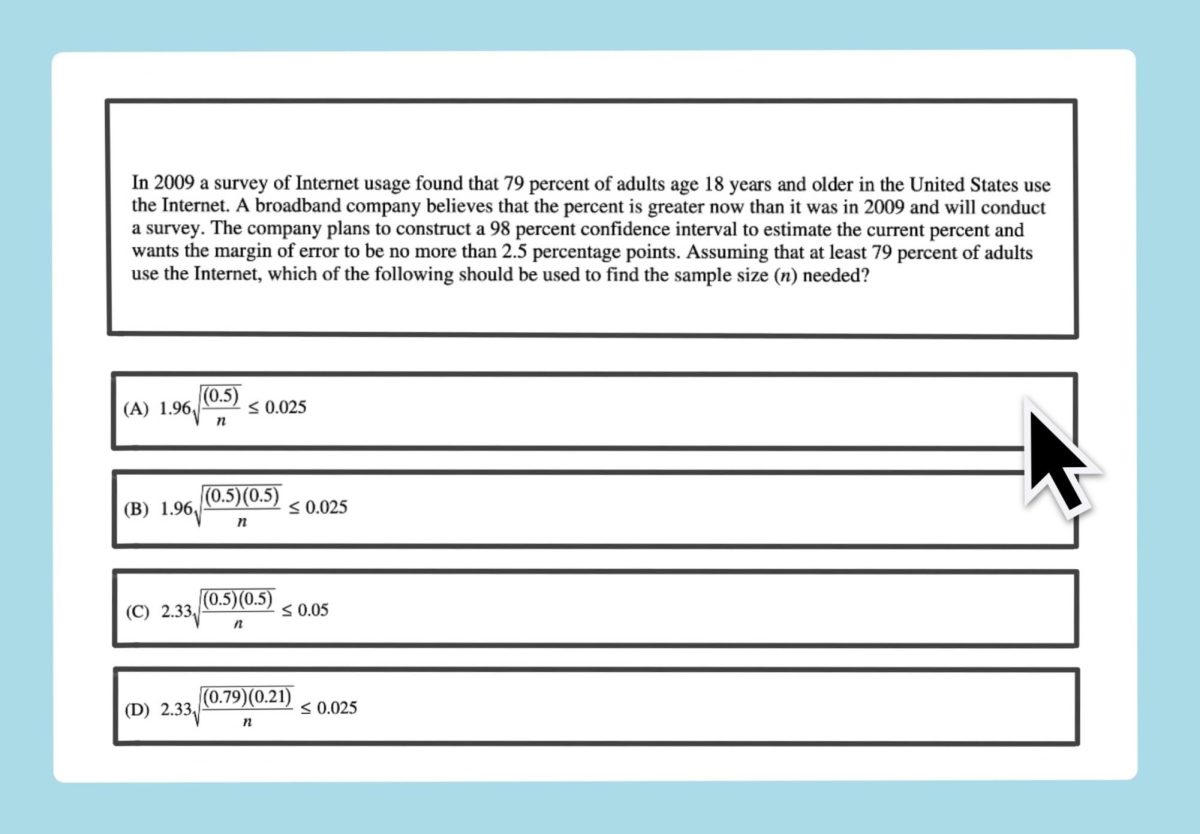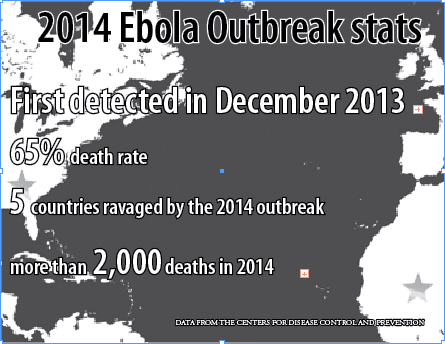For many Atlantans, the greatest impact of Ebola has been Emory Hospital’s decision to treat two American patients with the disease. For Atlantan Leo Mulbah, however, the disease hits much closer to home.
“Almost every day I get news of either family members or friends who have fallen ill,” Mulbah said. “Today I found out that two of my friends have gotten ill.”
Mulbah is a Liberian-American and the president of the Liberian Community of Georgia, a nonprofit organization.
The organization is responding to the Ebola outbreak by organizing town-hall meetings to send medical equipment to Liberia. Mulbah said the meetings are necessary because many hospitals are closing in Liberia.
Ebola is one of several hemorrhagic fevers. The virus is spread through contact with blood or bodily fluids as well as through consumption of animals infected with the virus. Symptoms include high fever, sore throat, vomiting and diarrhea. Affected people may also bleed both externally and within the body. The overall fatality rate is 60-65 percent.
First detected in March 2014, this outbreak is the largest since 1976 in terms of the number of human cases and fatalities, according to the Centers for Disease Control and Prevention. The outbreak began in Guinea but has since spread to Liberia, Sierra Leone and Nigeria.
Susan Van Duyne, CDC employee in the Salmonella reference lab,* said the disease has spread so widely and quickly because of the lack of border control in the affected countries.
“The borders are fluid,” Van Duyne said. “If someone lives in Liberia, but the closest market is in Sierra Leone, they will go to the market in Sierra Leone.”
A whole family can be wiped out, not just the immediate family,” Van Duyne said. “It [Ebola] can spread to uncles, cousins and grandparents.”
Van Duyne explained that Ebola is also spread through the funeral rituals commonly practiced in West Africa. Traditionally, women are expected to wash dead bodies prior to burial, but on deceased patients who suffered from the Ebola virus infected stool or blood may remain, causing the disease to spread.
Despite the severity of the outbreak, Van Duyne said the risk of the disease spreading within the United States is very minimal. Most hospitals in the United States possesses the isolation chambers necessary to contain Ebola, unlike the hospitals in rural West Africa. She also said the United States has the means to diagnose the disease quickly.
“If someone comes to the U.S. who we don’t know is sick, we have the resources to identify what the person is sick with,” Van Duyne said.
Van Duyne said the CDC currently contains the disease by sending health workers and personal protective equipment to the region along with establishing mobile army surgical hospitals—fully functional hospitals equipped with intravenous units to handle surgery.
Atlanta-based Emory Hospital is currently experimenting with a drug called ZMapp, which is manufactured using the tobacco plant. Doctors treated the two Ebola patients in the United States and the patients showed signs of improvement and were released on Aug. 21, but Van Duyne said the drug is still experimental and not ready for widespread use.
Mulbah applauds the efforts of the CDC. He, along with other members of the LCG, went to Emory to express their gratitude, but he said foreign assistance will not solve every problem.
“Leaders of different African countries must set up systems to help ourselves,” Mulbah said. “All we’ve done is rely on foreign aid and foreign this and foreign that, but we have to emancipate ourselves somehow.”
Mulbah said this may be possible if America will stop looking at African nations as debtors in need of financial assistance, but as strategic, well-meaning, long-term partners.
Mulbah also said issues of poor governance plague much of West Africa and that by improving governance, leaders would improve technologies and health care.
“We Africans owe it to ourselves to look after one another,” he said.
The World Health Organization formally declared the 2014 West Africa Ebola virus outbreak a public health emergency of international concern on Aug. 8. The designation, which establishes legal measures for disease prevention, surveillance, control and response, has been used only two times previously: for the 2009 H1N1 pandemic and for the 2014 resurgence of polio.
The CDC and Doctors Without Borders have also made stopping the Ebola outbreak a high priority.
The LCG has raised enough money to purchase 5,000 protective gloves and 5,000 nose masks, but Mulbah said that is not enough. The organization plans to raise more money through future town-hall meetings and through donations from the public through a trust fund. He urges people to bring more attention to the issue and to help in any way possible.
“Please help us. This is a long and agonizing problem for us in Liberia,” Mulbah said. “I hope every readership is touched to help us in some way.”
For more information about the Liberian Community of Georgia and to donate visit lama-atl.org
* The findings and conclusions in this report are those of the authors and do not necessarily represent the official position of the CDC. 








